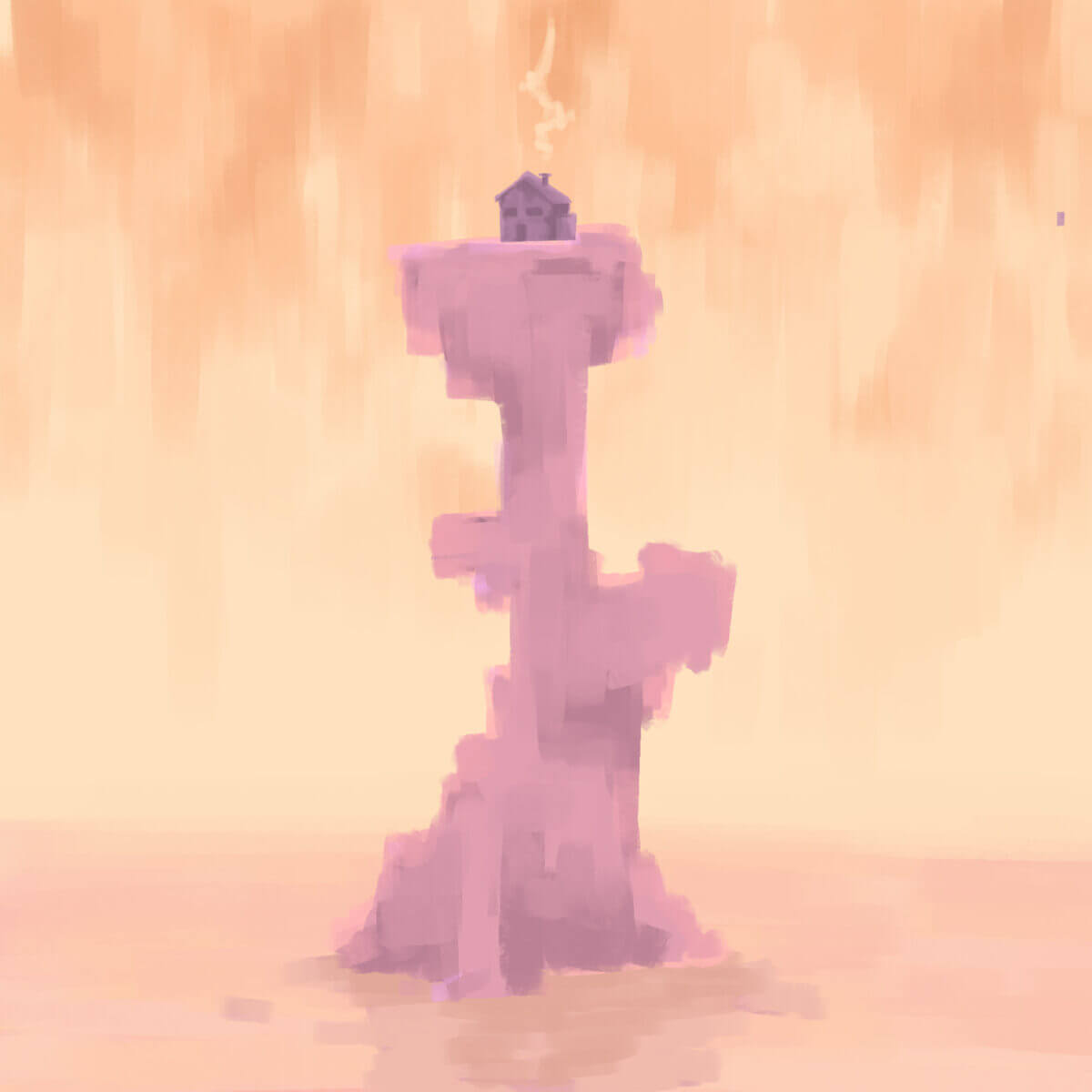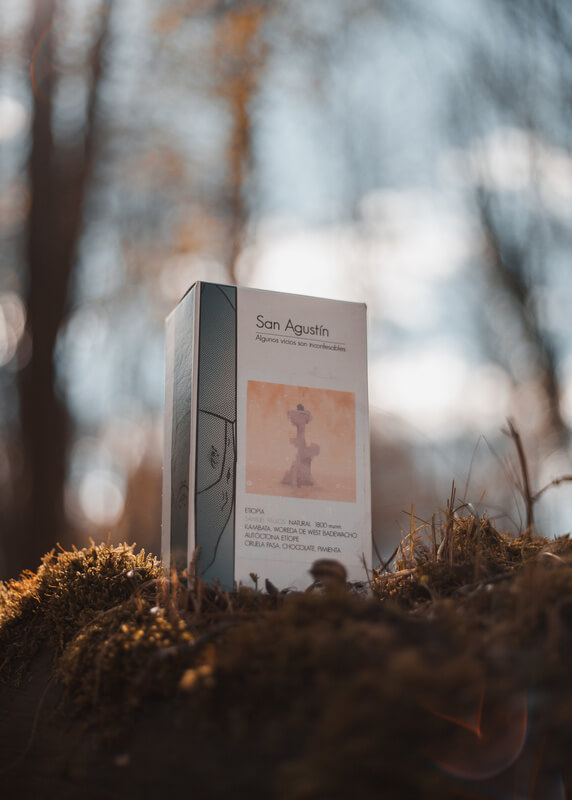From 50,00 €, your order travels free
✕
Sale!
Samuel Paulos
Price range: 9,00 € through 34,00 € VAT included
Ethiopia
- Region: Ethiopia – Kambata – Woreda of West Badewacho
- Farm: Samuel Paulos Washing Station
Varietal: Native to Ethiopia, more specifically from the Kambata region
Altitude: 1800 meters above sea level
Process: Natural - Notes: Sweet coffee with fruity notes of prunes, dark chocolate, and pepper. It's liqueur-like and intense, with good acidity and a creamy body. It has a long, very pleasant aftertaste.
It's a coffee from the SOUTHERN NATIONS, NATIONALITIES AND PEOPLES? region in southern Ethiopia. Kambata is a beautiful, almost remote area known for the location of nearly all of Ethiopia's gold. Unfortunately, this causes local tensions between miners and farmers.
Additional information
| Weight | 250 g |
|---|---|
| 250g or 1kg | 250g, 1kg |
| Ground or Grain | Whole Bean Coffee, Espresso Ground, Moka Pot Ground, AeroPress Ground, French Press Ground, V60 Ground, Chemex Ground, Drip Coffee Maker Ground |


